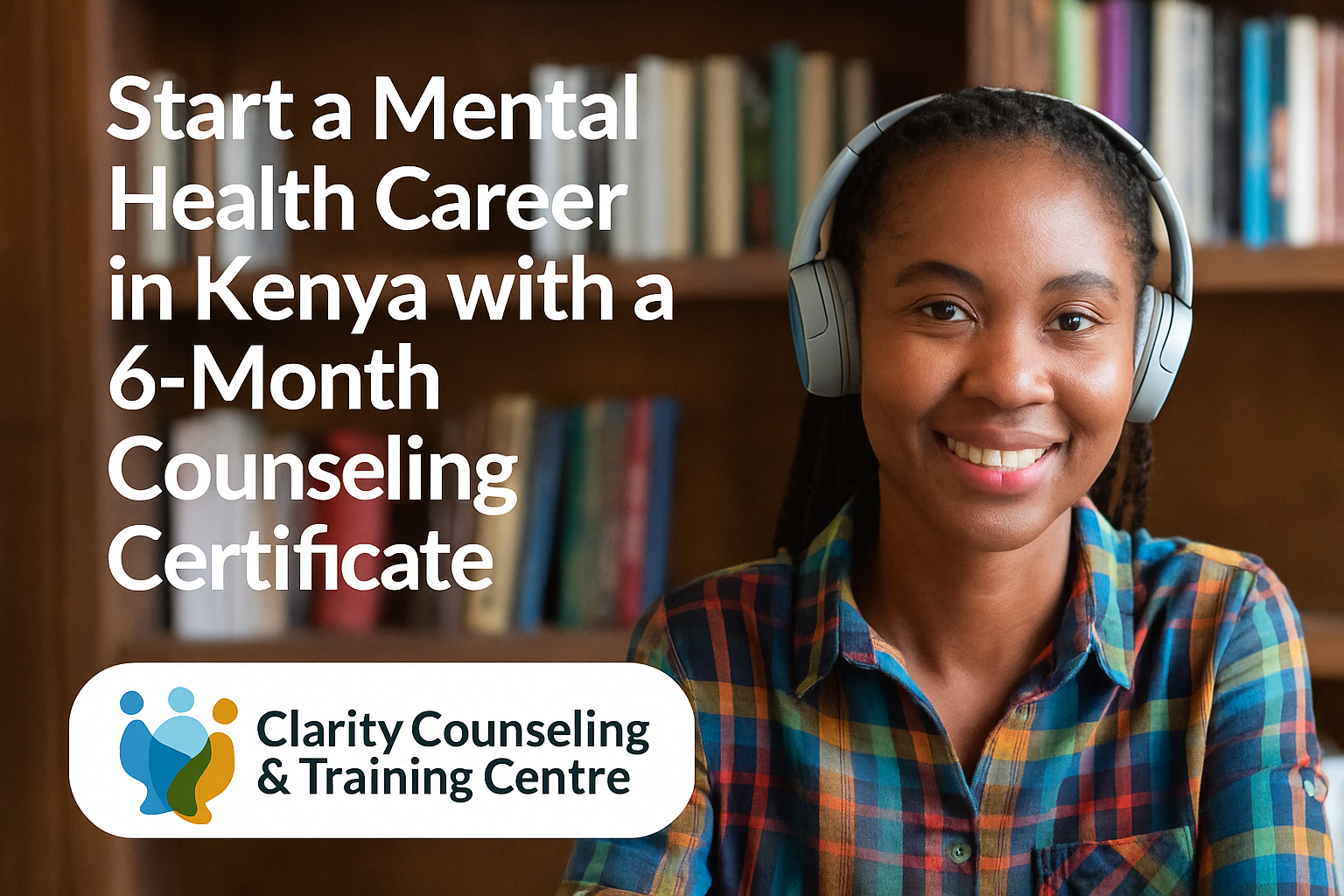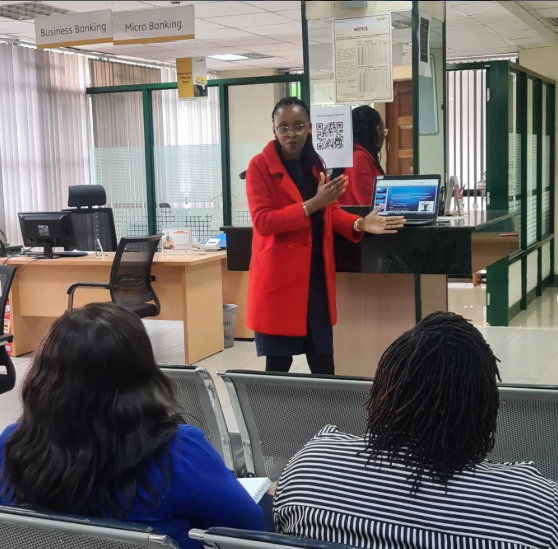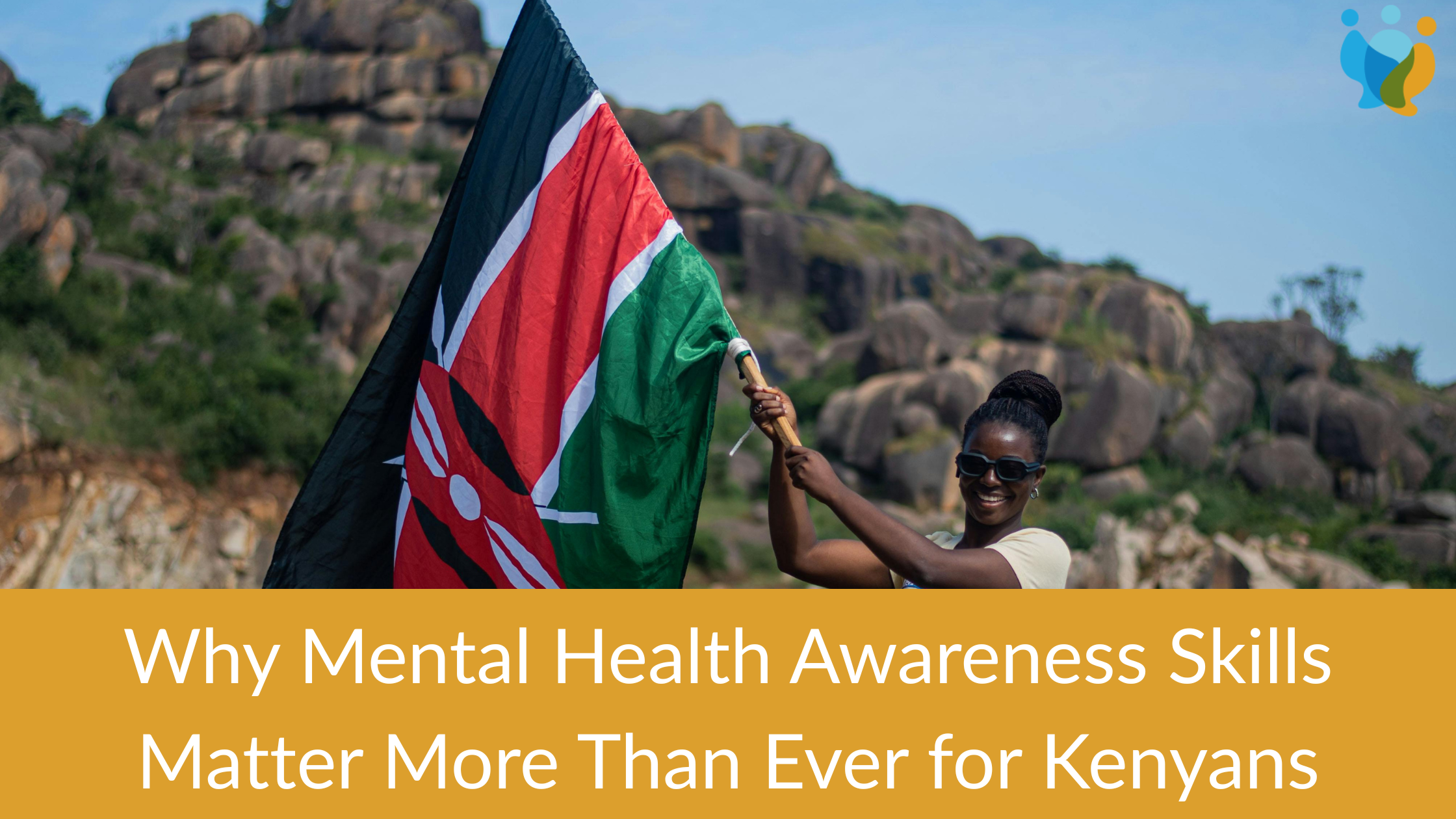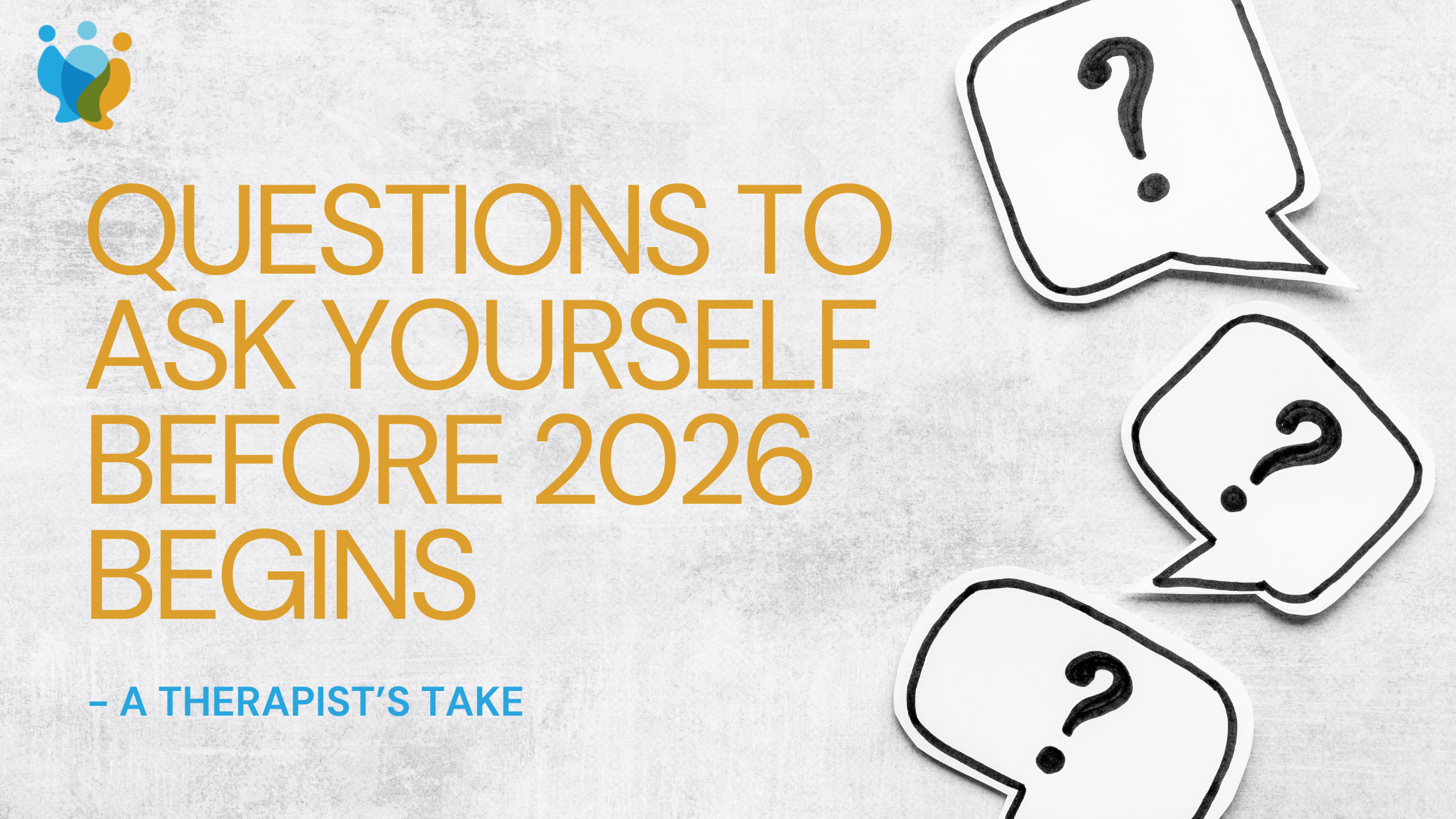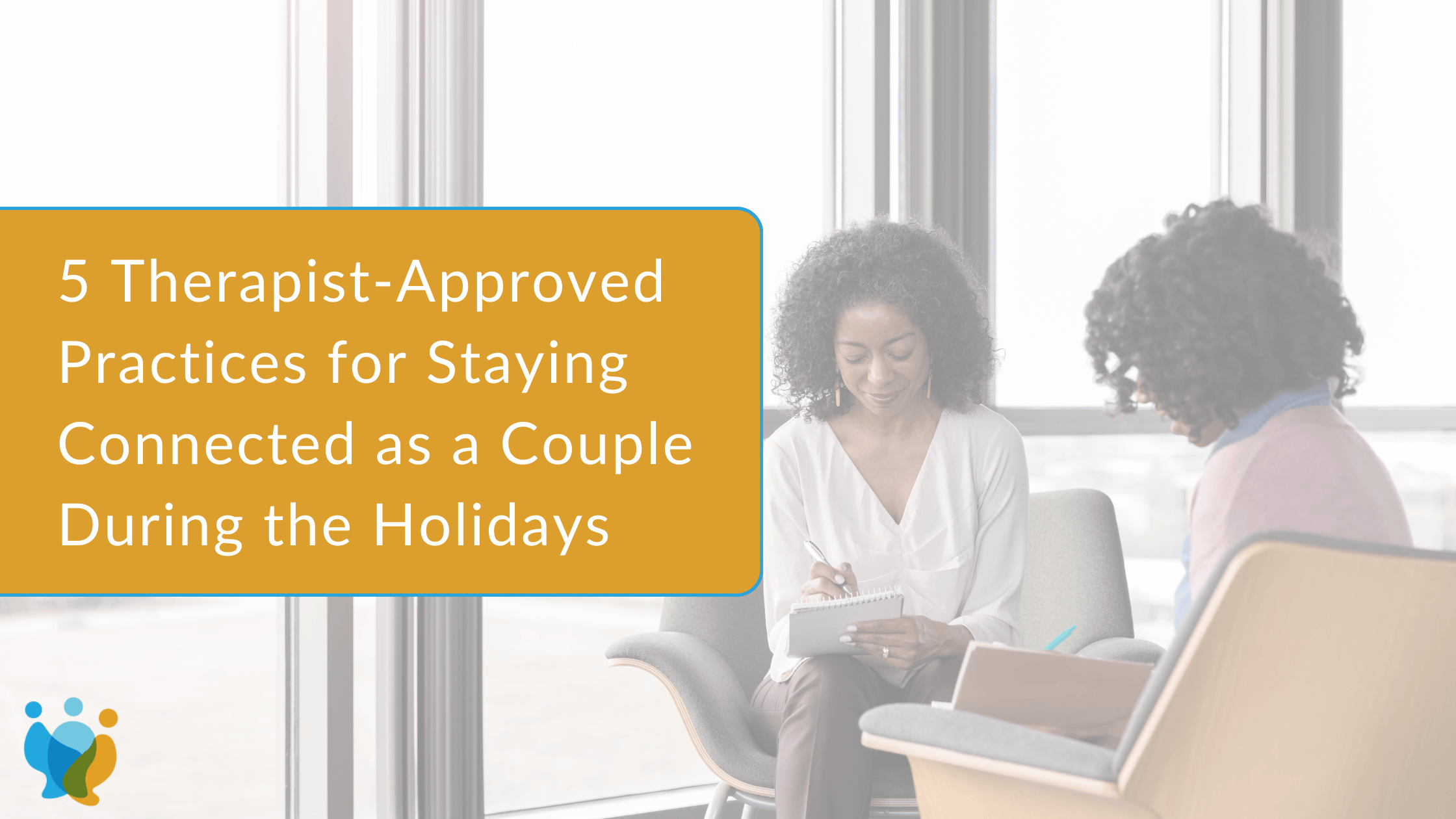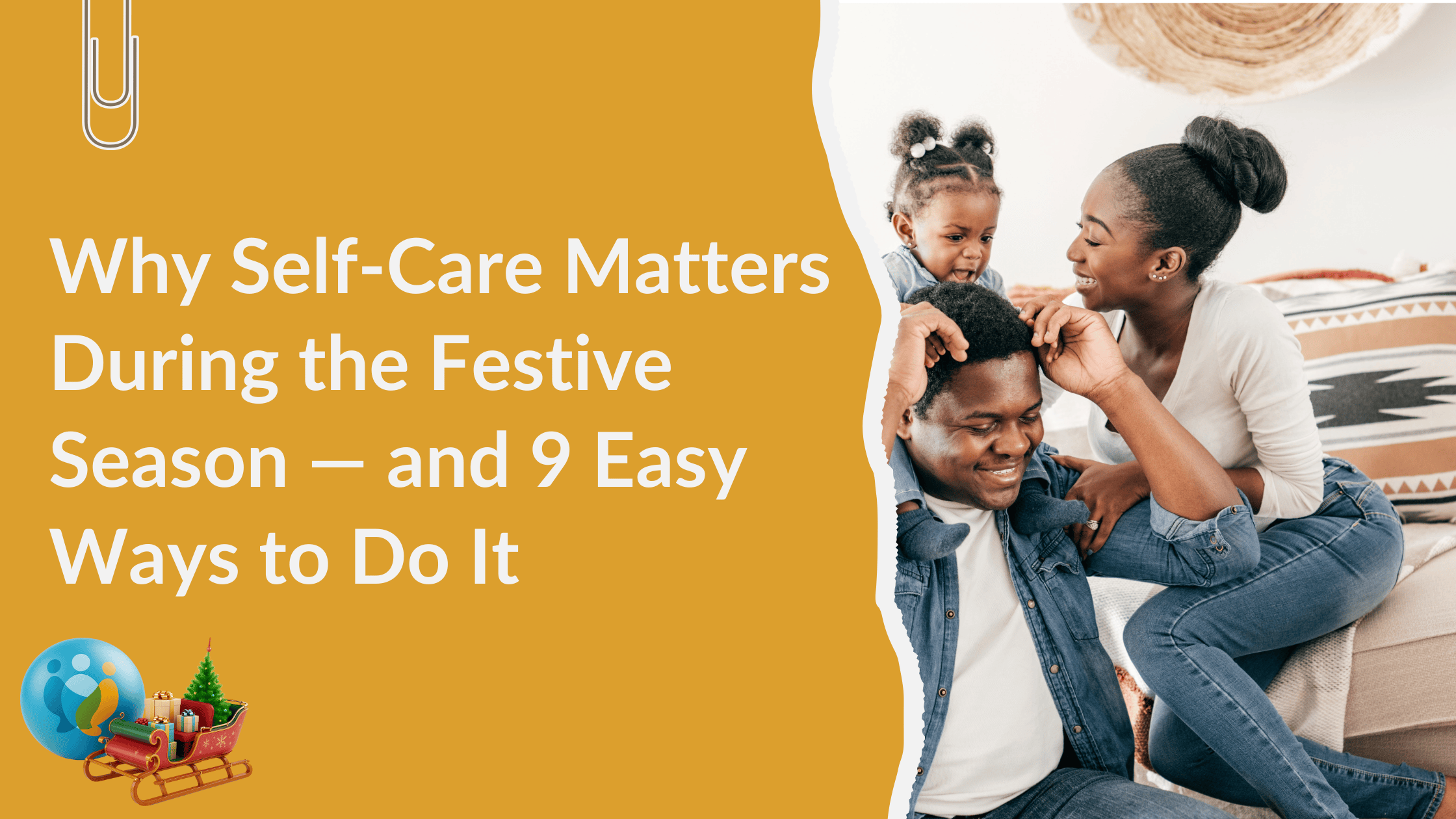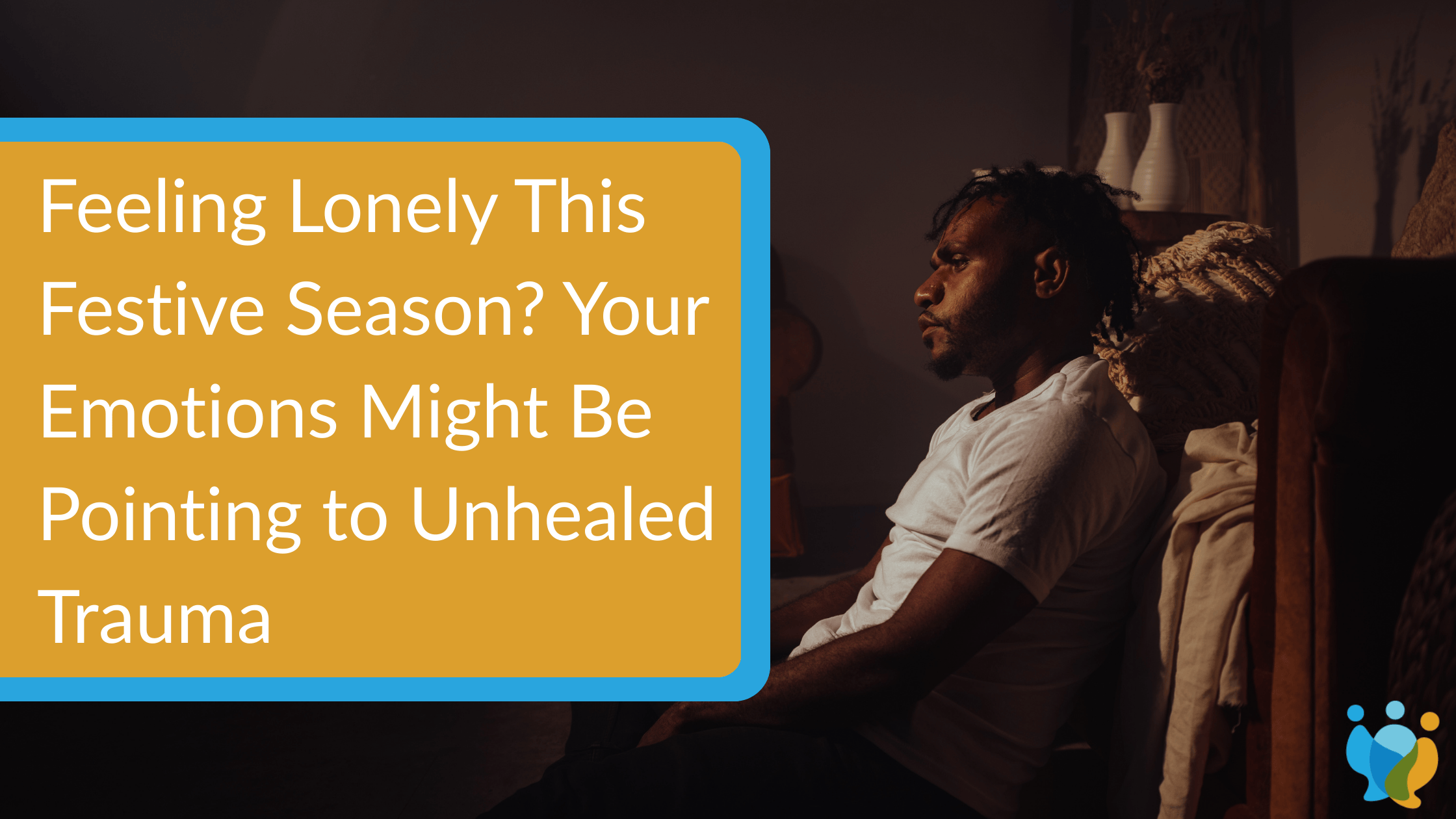Why Childhood Trauma Could be Causing Your Psychological Struggles

Why Childhood Trauma Could be Causing Your Psychological Struggles
As an adult, memories from your childhood shape who you are today. For some people, their childhood had good times filled with love and care. But for many others, their early years were marked by painful experiences that still affect them today.
Even though the hurts happened a long time ago, the impact of childhood trauma can stay with you, affecting how you feel and behave as an adult.
In the past, people wrongfully believed that childhood traumas were those that left physical marks. But countless research has proven that childhood traumas also include emotional and psychological wounds.
If you have these emotional or psychological struggles as an adult and are wondering why you cannot cope with various issues. You could be having unresolved childhood traumas.
This article will discuss how childhood trauma occurs, the psychological impact it has, and how you can heal from them.
How Childhood Trauma Occurs
Childhood trauma occurs when a child experiences distressing events or negative experiences beyond their ability to cope or understand.
The stressful events you went through as a child could be physical, emotional, or sexual in nature, and they often happen repeatedly or for an extended period. Examples of these childhood traumas include:
-
- Abuse: You were sexually, psychologically, or physically mistreated.
- Bullying: Your peers or even adults intimidated or demeaned you.
- Domestic violence: You experienced it or witnessed a parent, sibling, or someone close person go through it.
- Life-threatening accidents or illnesses: These may have occurred to you or a close family member.
- Sudden loss of a loved one: You never dealt with the loss, or you were too little to deal with it.
- Neglect: Your needs for food, shelter, clothing, and emotional support were not consistently met.
- Violence in school or the community: A threat to your life or well-being occurred.
When the above traumatic experiences happened to you as a child, your brain stored the memory of your psychological reactions to protect you in case something similar happened again. This process continued into adulthood such that you still stay extra alert and on guard, even when you are safe.
Psychological Impact of Childhood Trauma

As mentioned above, childhood traumas disrupt the normal brain and bodily functioning that may eventually overwhelm your ability to cope with everyday life.
It affects your emotions and behavior and extends to impact all areas of your life. The following are three psychological effects childhood traumas cause.
Form Insecure Attachments (Relationship Struggles)
Undergoing traumatic experiences can impact the relationships you form. You may struggle to get close to people because you fear they might hurt or abandon you.
To protect yourself, you run away from people who may genuinely care about you because you fear being hurt like you were in the past. As a result, you end up in isolation or experiencing loneliness.
Conversely, others attach to someone too much because they need to be validated, loved, and cared for because they missed it in childhood. If you fall in this category, you may have difficulty giving the person you care for space because you desperately need them to cater to your emotional needs.
Have Poor Self-Worth and Self-Esteem
According to research by Cheyenne and Aoife on ScienceDirect, childhood trauma victims experience low self-esteem and self-worth. A significant number also suffer from depression and anxiety at some point in their life.
This and other similar studies confirm that when a person goes through childhood trauma, they may develop negative beliefs about themselves and believe that they do not deserve to be loved, happy, or enjoy success.
Further, you may also internalize and blame yourself for the traumatic events and think that you are flawed or inferior to others.
Adopt Unhealthy Coping Strategies
People who have undergone childhood trauma experience flashbacks and sometimes nightmares regarding the things they endured.
Some are constantly anxious when a non-threatening event occurs, and others are afraid or easily angered by simple things. Due to these challenges, most turn to unhealthy methods to cope, such as:
- Alcohol and substance abuse
- Self-harm
- Emotional avoidance
- Social withdrawal
- Aggression
- Overeating or undereating
Unfortunately, these strategies provide temporary relief but worsen the psychological distress over time. Eventually leading to mental health disorders. So, how do you heal from childhood traumas?
How to Heal from Childhood Trauma
Overcoming childhood trauma requires time and patience. The brain has the capacity to heal and adapt when appropriate coping methods are used and you have a good support system. The following are healthy strategies you can use to heal from childhood traumas.
- Be kind to yourself and practice self-compassion
- Recognize that your feelings and reactions to the trauma are valid and understandable.
- Educate yourself about trauma—which will help you understand your experiences.
- Seek therapy with a trauma-informed counselor who can help you process painful memories, manage difficult emotions, and learn coping strategies.
- Identify triggers and set boundaries.
- Pray and seek guidance from God
At Clarity Counseling Center, we understand the unique challenges individuals face when healing from childhood traumas. You will receive help from empathetic and experienced counselors specializing in childhood trauma therapy in Kenya.
We are also dedicated to providing personalized treatment plans tailored to your specific needs. Contact us today, and let us help you overcome childhood traumas.

